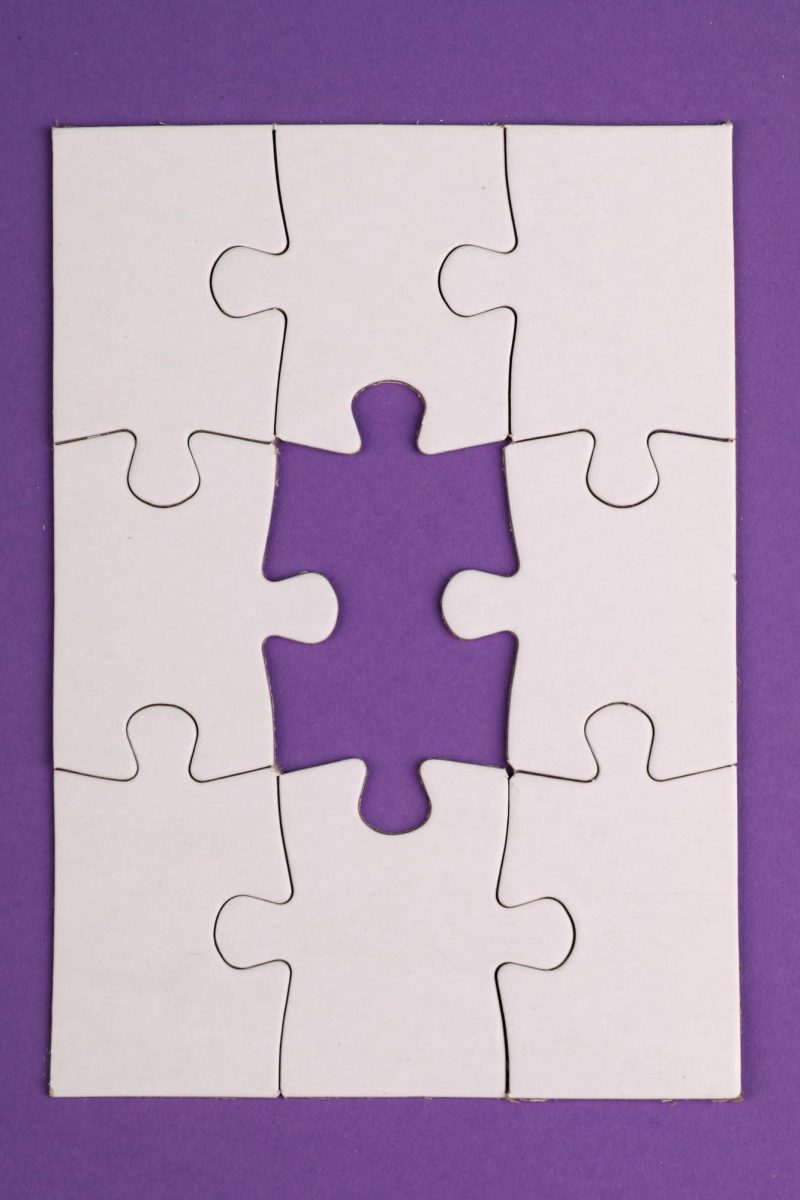Self-Esteem

February 20, 2023
Appreciating and admiring oneself is the definition of self-esteem. In addition to reflecting how you feel about yourself, having self-esteem means respecting yourself. It is the belief that you, your thoughts, your feelings, and your beliefs are valuable. Whether or not we take care of ourselves depends on positive self-esteem.
High self-esteem doesn’t mean that you love everything about yourself. Instead, it is built when you value yourself and are able to treat yourself accordingly.
High self-esteem boosts mental health, helps you to handle problems in a positive way, and allows you to develop healthy coping skills. If your self-esteem is low, you are more susceptible to depression. If low self-esteem is causing you to feel bad about yourself, this could make it more difficult to lead a happy life, with your insecurities impacting your ability to have healthy relationships.
People with a positive body image have good physical and mental health while others tend to develop poor mental health. A negative body image may also lead to low self-esteem, causing you to no longer want to be around others and obsess over what you eat or how much you exercise.
With a healthy body image, you can treat your body the way it should be treated. You will love the way you look without feeling the need to conform to other peoples’ ideas of beauty. That is being healthy, something you can’t gain by looking like what society wants you to.
Self love is having high self-esteem and healthy body image. Without self love, your quality of life will start to diminish. Every day, take a few moments to appreciate your body and your mind. When life gets hard, just take it day by day. Time passes too fast for you not to appreciate yourself and those around you.
























